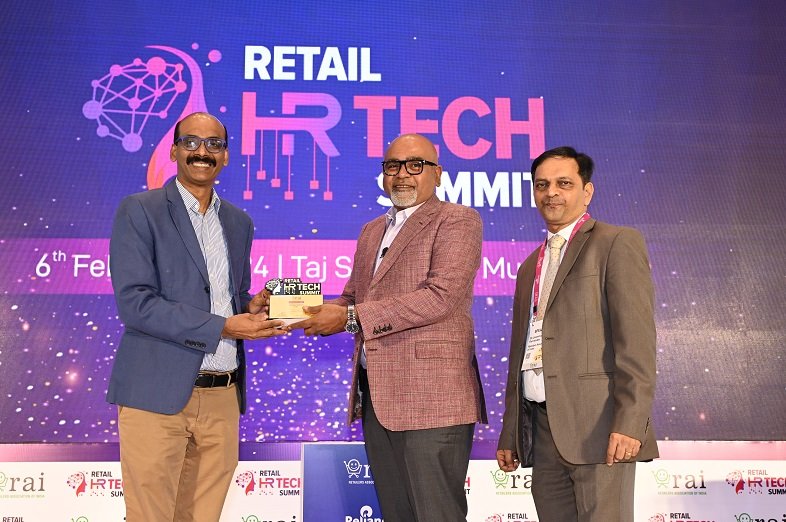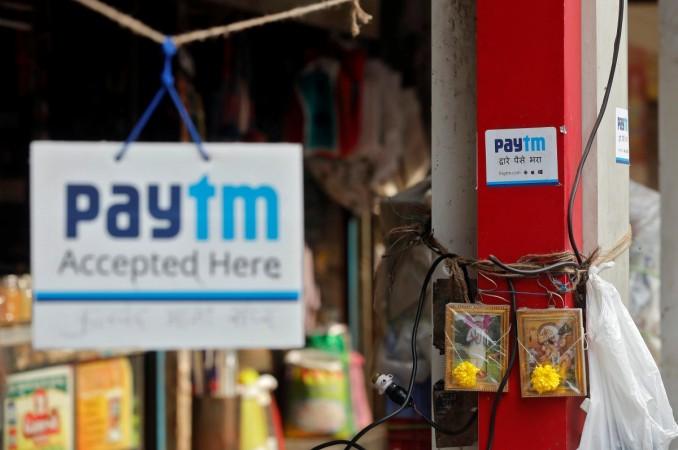
The digital age, while bringing about unprecedented advancements, has also given rise to a new form of crime: cybercrime. A recent report has shed light on the alarming rise of this digital menace in India. In 2023, nearly two in five, or 33%, of web users in India were victims of Internet-born cyberattacks. This statistic underscores the urgent need for robust cybersecurity measures in the country.
Global cybersecurity company Kaspersky detected and blocked a staggering 62,574,546 Internet-borne cyberthreats in India alone. The increasing sophistication of these cyberattacks is a cause for concern. “With the world moving towards AI and other next-gen technologies, we expect the fraud and scamming scenarios to get more intricate and challenging to detect,” said Jaydeep Singh, General Manager for South Asia at Kaspersky.
Singh urged Indian users to install security solutions on their devices to protect themselves from these web attacks. The report also highlighted the most prevalent methods of web infection: cyberattacks via browsers and social engineering.
According to SurfShark, ten data leaks occurred every minute, unveiling the profound challenges embedded within the nation’s digital infrastructure. This marked a concerning 56% surge in data breaches compared to the previous year, signifying a pressing need for fortified digital defenses.
Despite global strides, India witnessed a distressing tally of 5.3 million leaked online user accounts, magnifying the urgency for enhanced cybersecurity measures.
The Mechanics of Cyberattacks
Cybercriminals often exploit vulnerabilities in browsers and their plugins to penetrate user systems. Users are typically attacked when they visit an infected website. This can result in the download of harmful file-less malware, often without the user’s awareness or action.
Another popular web threat in India and globally is social engineering. This involves manipulating the user into downloading a malicious file, thereby granting control of the system to the criminal. Cybercriminals often trick their victims into thinking they are downloading a legitimate application or program. Once the user downloads the program, the criminals control the victim’s device and use it for malicious purposes.

“Since many threat actors nowadays conceal malicious code to bypass static analysis and emulation, advanced technologies such as proactive Machine Language-based methods and behaviour analysis are used to fight this type of threat,” Singh added.
Historical Precedents and Future Threats
Historically, similar events have occurred worldwide, underscoring the global nature of the cybercrime problem. For instance, in 2017, the WannaCry ransomware attack affected organizations in over 150 countries, causing significant disruption, particularly to hospitals. More recently, in 2023, the U.K.’s Royal Mail fell victim to a ransomware attack that encrypted crucial files, preventing international shipments for six weeks.
In the face of such threats, experts recommend several strategies to enhance cybersecurity. These include creating strong and unique passwords, keeping software updated on all devices, using multi-factor authentication for remote services, and choosing a proven endpoint cybersecurity solution for business equipped with behaviours-based detection and anomaly control capabilities.
However, it’s not just large organizations at risk. Cybercriminals can use any internet-connected device as a weapon or a target, and small and medium-sized businesses (SMBs) often deploy less sophisticated cybersecurity measures, making them vulnerable to potential security incidents.
The rising tide of cyberattacks in India and globally underscores the urgent need for robust cybersecurity measures. As technology continues to evolve, so too will the methods employed by cybercriminals. It is incumbent upon individuals, businesses, and governments to stay one step ahead, implementing robust security measures and fostering a culture of cybersecurity awareness to safeguard against these ever-evolving threats.
Highlights
- In 2023, 33% of web users in India fell victim to cyberattacks, highlighting the need for robust cybersecurity.
- Kaspersky blocked over 62 million cyberthreats in India, with cyberattacks becoming increasingly sophisticated.
- Cybercriminals exploit browser vulnerabilities and use social engineering to gain control of user systems.
- Historical cyberattacks, like the WannaCry ransomware and the Royal Mail incident, emphasize the global nature of the problem.
- The rise in cyberattacks necessitates strong cybersecurity measures, especially for small and medium-sized businesses.
















